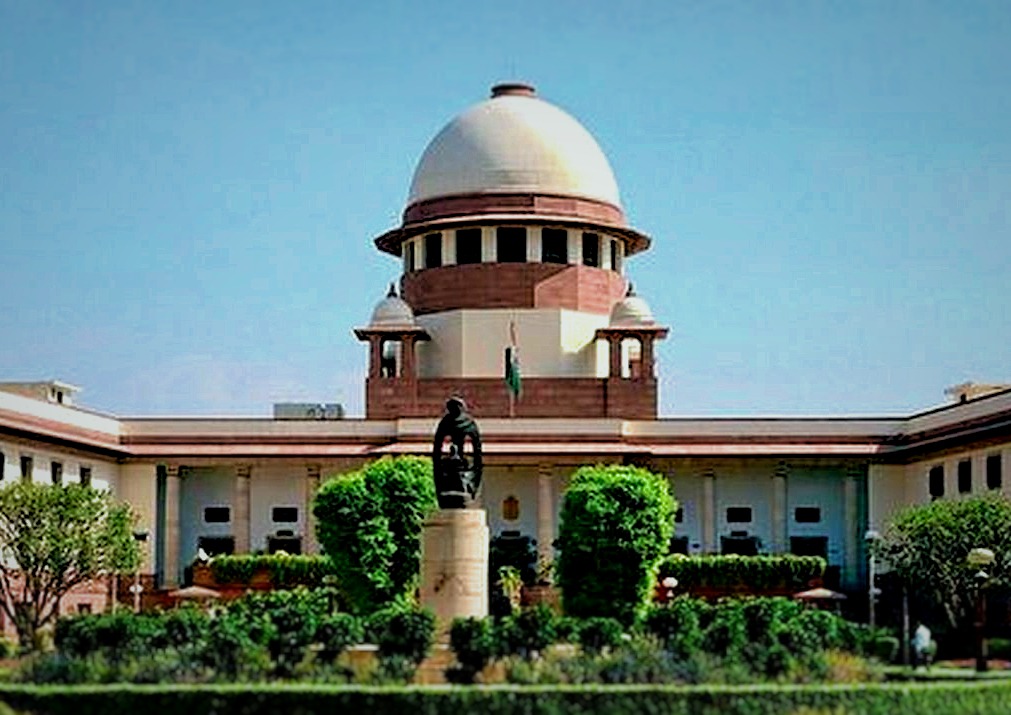Promo doesn’t create a contractual relationship; No unfair trade practice if song in promotional trailer is not shown in film: Supreme Court allows plea of Yash Raj Films against NCDRC order
Justices Pamidighantam Sri Narasimha & Aravind Kumar [22-04-2024]

Read Order: YASH RAJ FILMS PRIVATE LIMITED v. AFREEN FATIMA ZAIDI & ANR [SC- CIVIL APPEAL No. 4422/2024]
Tulip Kanth
New Delhi, April 23, 2024: While observing that promotional trailers are unilateral which do not transform into promises, much less agreements enforceable by law, the Supreme Court has allowed the appeal of known film producer Yash Raj Films challenging an order of the National Consumer Disputes Redressal Commission (NCDRC)which had held to be an ‘unfair trade practice’ the fact that the song, which wasincluded in the promotional trailer, was not included in the film.
The factual background of the case was such that the appellant-Yash Raj Films Private Limited, a known film producer, produced a film called ‘Fan’ in the year 2016. Before the release of the film, the appellant circulated a promotional trailer, both on television and online, which contained a song in the form of a video.
The respondent no. 1-complainant, working as a teacher in a school in Aurangabad, stated that having watched the promotional trailer of the film, she decided to go to watch the movie on the silver screen with her family. However, she found that the movie did not contain the song, even though the song was widely circulated for promoting and publicizing the movie. She filed a consumer complaint before the District Consumer Redressal Forum. She alleges that due to this, she felt cheated and deceived by the appellants and underwent mental agony. In view of the above, she claimed Rs 60,550 as damages.
This complaint was dismissed on the ground that there was no relationship of consumer and service provider. Against the above order, the complainant filed an appeal before the State Commission, which was allowed with the observation that entertainment services are covered under the definition of ‘service’ and the appellant is a service provider.
The State Commission held that the appellant had engaged in an unfair trade practice as the song in the promotional trailer was widely circulated but not shown in the film. The Commission awarded Rs10,000 as compensation for mental harassment and Rs 5,000 as cost to the complainant.
The appellant carried the matter to the National Consumer Disputes Redressal Commission (NCDRC)where it was held that the exclusion of the song from the movie will also constitute a deficiency, as defined in Section 2(1)(g) of the Consumer Protection Act, 1986, if the song is impliedly promised, but is later omitted while exhibiting the movie.
The Division Bench of Justice Pamidighantam Sri Narasimha and Justice Aravind Kumar explained that a song, dialogue, or a short visual in a promotional trailer may be seen in the context of the multifarious uses of advertisements. “There is no doubt about the fact that any person watching a movie after remitting the necessary consideration becomes a consumer of service. The service in this case is that of entertainment”, it said.
As per the Bench, it is a misplaced assumption that a promotional trailer is an offer or a promise. It was under this misplaced assumption that the complainant had assumed that the subsequent formation of a contract to watch the movie was not in compliance with the promise allegedly made through the promotional trailer.
“A promotional trailer is unilateral. It is only meant to encourage a viewer to purchase the ticket to the movie, which is an independent transaction and contract from the promotional trailer. A promotional trailer by itself is not an offer and neither intends to nor can create a contractual relationship”, it held while also adding, “The transaction of service is only to enable the complainant to watch the movie upon the payment of consideration in the form of purchase of the movie ticket. This transaction is unconnected to the promotional trailer, which by itself does not create any kind of right of claim with respect to the content of the movie.”
Since it was held that no contract is formed on the basis of the promotional trailer and as such, there is no deficiency of service, the Bench observed, “ The promotional trailer does not fall under any of the instances of “unfair method or unfair and deceptive practice” contained in clause (1) of Section 2(1)(r) that pertains to unfair trade practice in the promotion of goods and services. Nor does it make any false statement or intend to mislead the viewers.”
Thus, setting aside the impugned order and allowing the appeal, the Bench concluded the matter by saying, “Services involving art necessarily involve the freedom and discretion of the service provider in their presentation. This is necessary and compelling by the very nature of such services. The variations are substantial, and rightly so. Therefore, the standard by which a court of law judges the representation, followed by the service, must be different and must account for the creative element involved in such transactions.”
Sign up for our weekly newsletter to stay up to date on our product, events featured blog, special offer and all of the exciting things that take place here at Legitquest.




Add a Comment